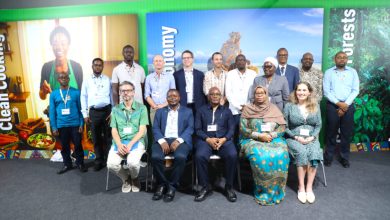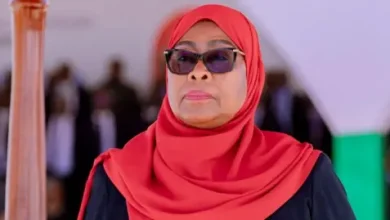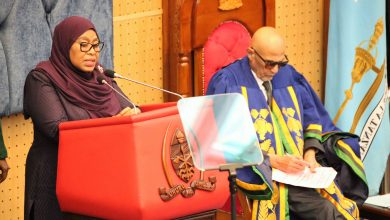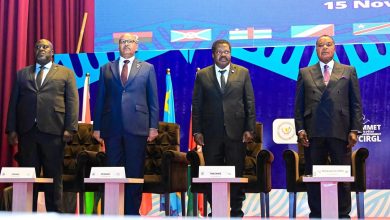Govt moves to strengthen waste management
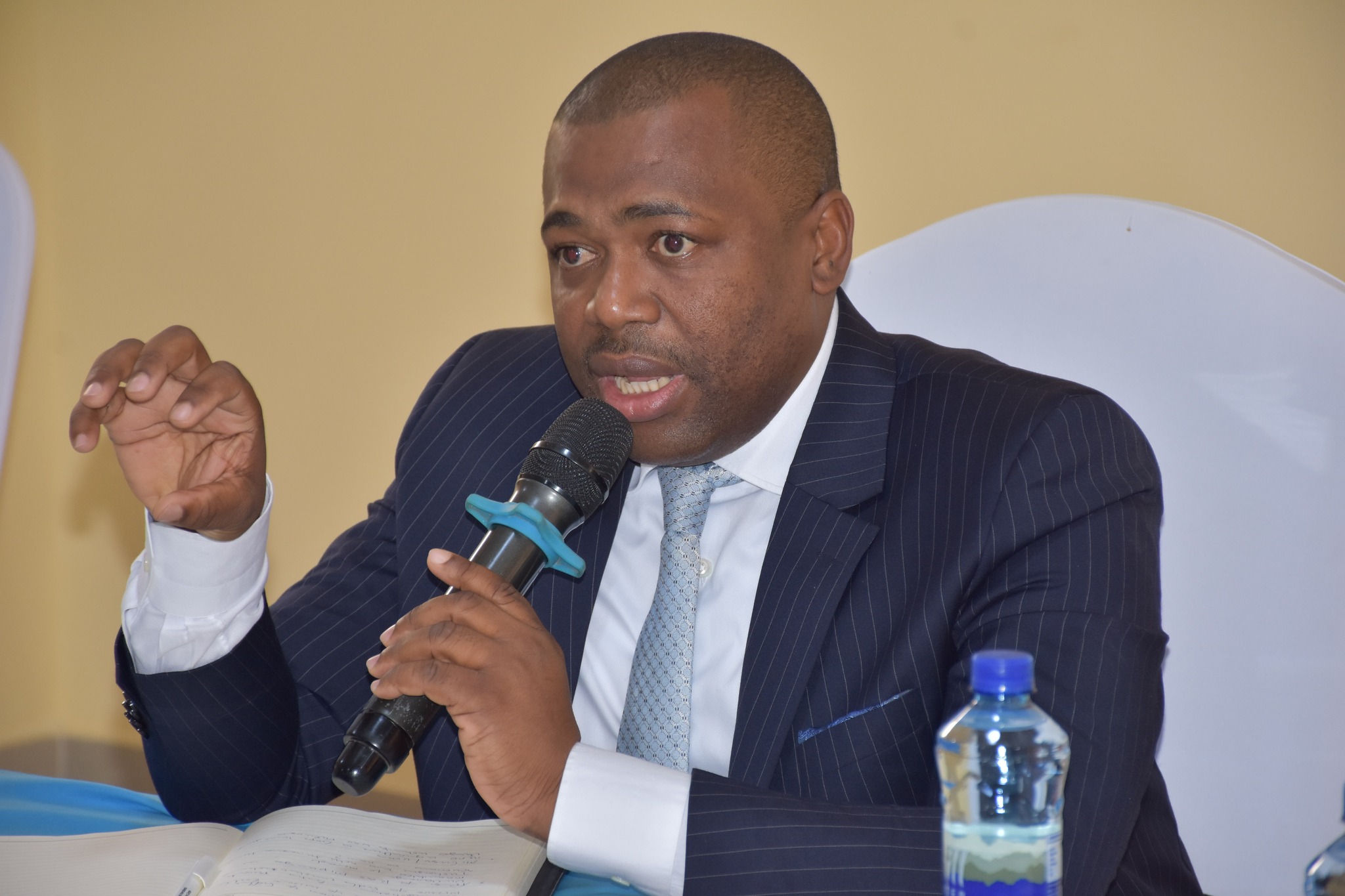
DODOMA: THE Vice-President’s Office has developed the 2025-2030 Waste Management Strategy, aimed at strengthening waste management infrastructure across the country.
The Deputy Permanent Secretary in the Vice President’s Office, (Union), Mr Abdallah Mitawi, made the remarks during a stakeholder meeting aimed at sharing experience in plastic waste control and management, held in Dodoma on Thursday.
He said it is estimated that Tanzania generates between 14.4 million and 20.7 million tonnes of solid waste annually, which translates to an average of 241 to 347 kilograms per person per year adding that urban areas are estimated to have a higher waste generation rate compared to rural areas.
“Data from major wasteproducing areas in the country indicate that garden waste, wood and food scraps account for 63.4 per cent of solid waste; a mix of electronic waste, household items, ashes and non-chemical waste makes up 12.8 per cent; plastic waste constitutes 12 per cent; paper waste accounts for 6.1 per cent; glass waste is 4.2 per cent and metal waste represents 1.5 per cent,” he explained.
Mr Mitawi added that 70 per cent of the solid waste generated in the country is recyclable. However, only 5 per cent to 10 per cent of the waste is currently recycled, with the majority coming from plastics, paper, scrap metal, aluminium, glass, electronic waste, lead-acid batteries and used oil waste.
ALSO READ: Over 20bn/- allocated for waste management
He noted that the low recycling rate (5-10 per cent) is due to the implementation of the 3Rs concept (Reduce, Reuse and Recycle), particularly in the private sector.
“For instance, eight beverage companies have joined forces to promote sustainable waste management through the Extended Producer Responsibility (EPR) initiative, coordinated by the Plastic Waste Recycling Organisation (PETRO),” Mitawi said.
He further said that the collaboration aims to collect and recycle 12.5 million tonnes of plastic waste nationwide annually.
However, a large amount of waste is still disposed improperly, except in seven municipalities that have modern landfills.
On her part, the Director of Environment in the Vice President’s Office, Ms Kemilembe Mutasa, said that, to strengthen waste management, particularly plastic waste control, the government has taken various measures, including developing and amending policies, laws, regulations, strategies and guidelines.
She also said that the government continues to raise public awareness through radio and television programmes, workshops and meetings, as well as establishing a model plastic waste recycling project in Dodoma.


